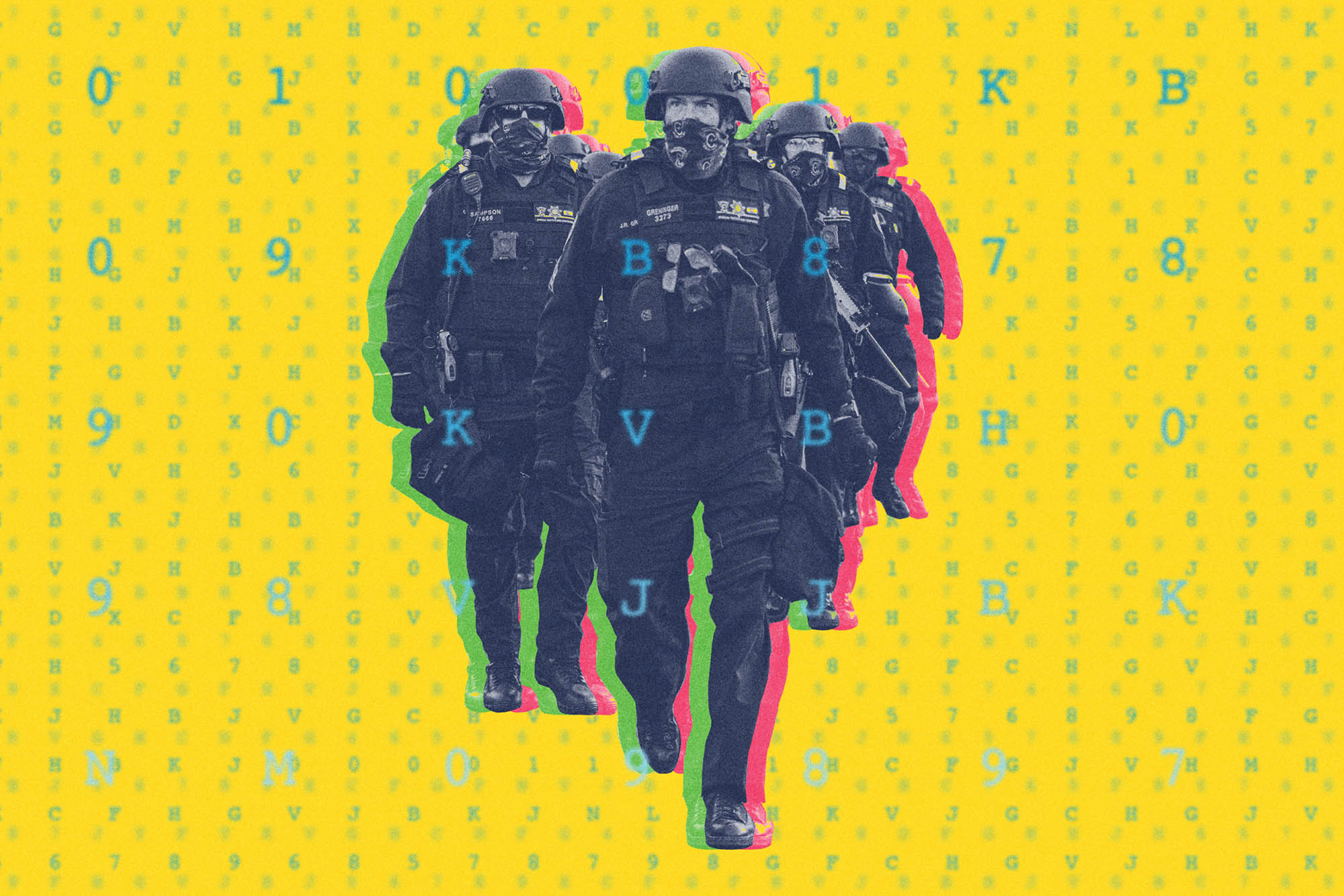Artificial intelligence-inspired policing technology and techniques like facial recognition software and digital surveillance continue to find traction and champions among law enforcement agencies, but at what cost to the public?
Some cities like Wilmington, North Carolina, have even adopted AI-driven policing, where technology like ShotSpotter identifies gunshots and their locations. The software also recommends to patrol officers “next best action” based on their current location, police data on past crime records, time of day, and housing and population density.
Renée Cummings, data activist in residence at the University of Virginia’s School of Data Science, warns that the rules of citizenship are changing with the development of AI-inspired policing technologies. She explains, “If the rules are changing, then the public needs to have a voice and has the right to provide input on where we need to go with these technologies as well as demand solutions that are accountable, explainable and ethical.”
As artificial intelligence is used toward the development of technology-based solutions, Cummings’ research questions the ethical use of technology to collect and track citizen data, aiming to hold agencies more accountable and to provide citizens greater transparency.

Renée Cummings, data activist in residence at UVA’s School of Data Science, warns that the rules of citizenship are changing with the development of AI-inspired policing technologies. (Photo by Dan Addison, University Communications)
“Law enforcement, national security, and defense agencies are spending a lot of money on surveillance tools with little oversight as to their impact on communities and an individual’s right to privacy,” Cummings said. “We’re creating a tool that would give citizens the ability to see how these powerful tools are used and how they impact our lives.”
Cummings and a team of data science graduate students are developing an algorithmic tool to evaluate the impact of AI-inspired law enforcement technologies. Their goal is to create an “algorithmic force score” that would eventually be used in an application that tracks technologies currently used by law enforcement agencies by force and zip code.
Sarah Adams and Claire Setser, both students in the online M.S. in Data Science program, said they chose the project because they wanted to put their data science skills to work for the public good. Cummings praised their effort. “The algorithmic foundation was created with tremendous effort by Sarah and Claire who went through massive amounts of existing data to create an algorithm force model.”







.jpg)


